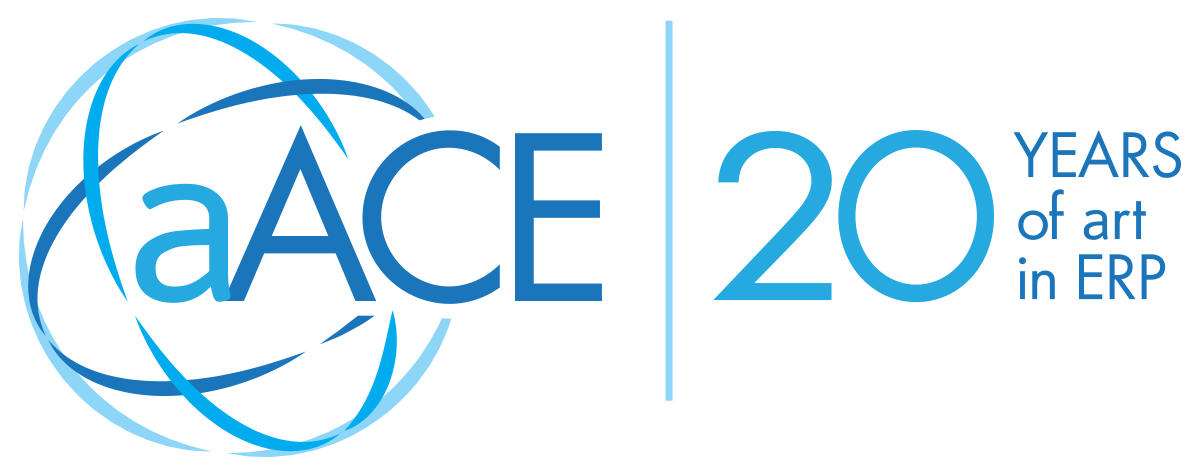How nice would it be to have a generous marketing budget so you can explore technology tools without worry? Most small and mid-sized businesses don’t have that luxury though. Instead smaller companies have to be very careful and very smart about what tools to invest in and when. Marketing automation tools are no exception.
To help you decide if the time is right for your company to get the advantages that come with automation, let’s walk through some factors that Larry Alton shared on CIO.com last year.
Defining Terms
You know what marketing is, but might not realize what parts of a marketing process can be automated. The basic, most economical automation tools focus on simple, repetitive tasks, such as responding immediately to emails or publishing social media posts according to a schedule. The functionality grows from there as more complex, more expensive packages provide more sophisticated operations. Lead scoring and segmentation, A/B testing, product databases and coupon codes, social media monitoring — all these tasks can be programmed for automation. And ongoing research in machine learning might add more to this list.
Potential Drawbacks of Automation
The most apparent difficulties from automation hinge on becoming dependent on the tool. When it is so easy to send out emails to a client segment, you might be tempted to overuse the feature, annoying customers instead of enticing them. Likewise, the tone and feel of your customer interactions might gradually shift to a robotic, less engaged mode. These are examples of how an easy tool can affect your work. Just like relying on a hammer makes more and more challenges look like nails, with simple email and social media outreach, it may seem like every campaign is merely a reason to schedule another automated messaging crossfire.
Besides the mindsets that can crop up in your marketing team, the paradigms of the marketing tool vendor might also be troublesome. Their pricing can be an obvious hurdle; however, a more dangerous obstacle might be their attitude about processes. Often the big-name CRM vendors will offer an excellent toolset — as long as you change your workflow to match theirs. For some companies this might not be a problem, but when your team is already working well, it’s worthwhile to shop around for a marketing automation suite that can adapt to support you.
You probably noticed that these difficulties might better be described as “dangers of not being mindful with your tools.” Any power tool can have side effects if the person using it isn’t careful. And marketing automation is definitely a power tool, as the benefits show:
Rewards of Leveraging Automation
When you invest in a CRM package or other marketing automation resource, you can look forward to some important advantages:
Leveling the Playing Field — Your dollars will obtain the same benefits that larger competitors obtain from their marketing tools. A small company might not be able to field as many salespeople, but your CRM software can give you just as much insight into the right people for your sales staff to contact. You can reach out to them the same way a national enterprise would, tracking their interactions as well.
Reduced Human Resource Demands — Automation’s biggest selling point is how it enables fewer staff to achieve larger results. This might translate into savings, where a certain job role can be handled by the software, allowing you to convert that position into something else the company needs. Or the benefit might come by way of profits, where the software helps your staff be more efficient and effective in converting leads into clients.
Education and Ideation — Deploying new tools often brings you into contact with new people and new ideas. Whether it’s the software vendor directly or the active community of developers as with FileMaker products, you have a chance to benefit from their experience at no additional charge. Along the same lines, as you learn the strategy behind the software design you may be able to extract insights for improving your business processes.
Scalability — Because a marketing automation suite operates primarily in a digital framework, a high quality system can easily grow with your company. Computerized customer management can track 5000 contacts as easily as 50. Each year as your business increases, the software will continue to provide helpful insights for your team and regular contact for your customers.
The bottom line isn’t a surprise. As with any business investment, an entrepreneur needs to be smart. Marketing automation can be very useful to balance out competitive weaknesses. However, it shouldn’t become a crutch. No software should eclipse the ingenuity, warmth, and competence that your skilled staff can provide. With creativity in niche targeting and locally-focused optimization, you should never feel stuck and never settle for a glossy package that doesn’t provide what you need.
Ideally your CRM tool will do more than just manage customer relationships. For example, when it is integrated with ERP software, your business velocity increases that much more — insights from the warehouse can be routed to the client, rather than waiting for this email or that conference call. Likewise, when your accounting system communicates directly with the marketing tools, you can instantly know how budgets are progressing and what additional resources you have to invest. aACE 5 provides a fully integrated business software suite, with all the acumen and agility that entails:
“In addition to implementing aACE and using it for the past five years, aACE has helped us grow our business, allowing us to quickly change our business processes as our customer base has changed, thus increasing our ability to get solutions to the marketplace quickly and efficiently.” — Bryan Anderson, All Solutions 360 LLC




